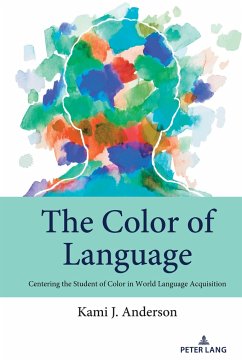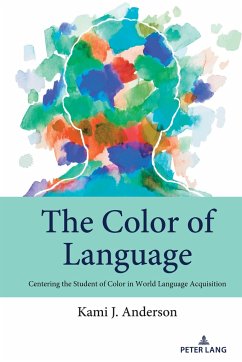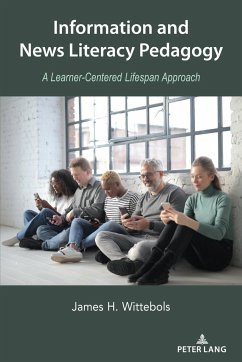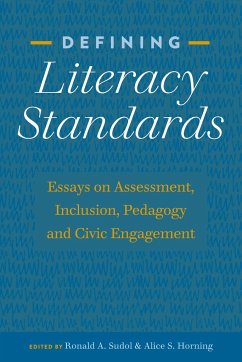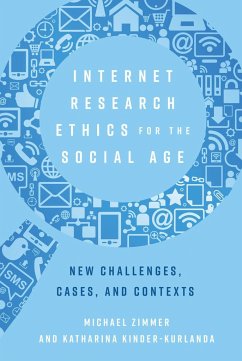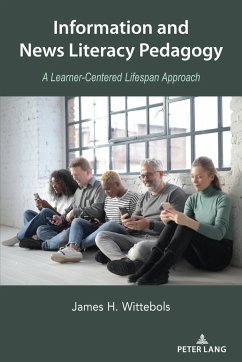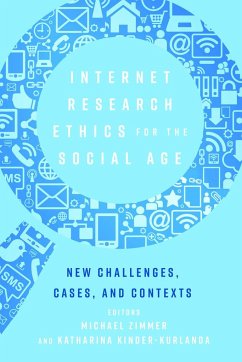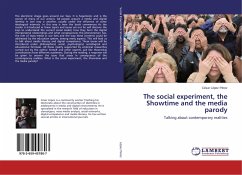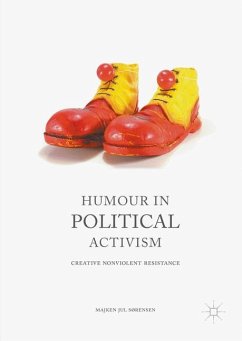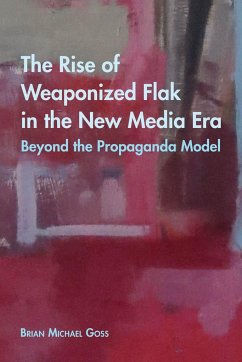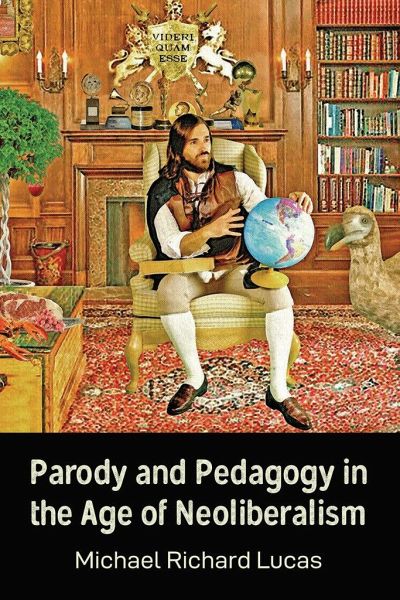
Parody and Pedagogy in the Age of Neoliberalism
Versandkostenfrei!
Versandfertig in 6-10 Tagen
102,50 €
inkl. MwSt.
Weitere Ausgaben:

PAYBACK Punkte
0 °P sammeln!
Parody and Pedagogy in the Age of Neoliberalism provides comic relief in a neoliberal era and argues that parody can be used to creatively benefit our practices of self-narration and quests for knowledge. This seriously playful book demonstrates how parody utilizes humor, play, and self-reflection to allow for a helpful alternative relationship to mistakes and our multifaceted self. The book works to delineate specific ways of viewing, studying, creating, and performing a particular form of humorous parody, and through pedagogical application, it balances practical hands-on examples via digita...
Parody and Pedagogy in the Age of Neoliberalism provides comic relief in a neoliberal era and argues that parody can be used to creatively benefit our practices of self-narration and quests for knowledge. This seriously playful book demonstrates how parody utilizes humor, play, and self-reflection to allow for a helpful alternative relationship to mistakes and our multifaceted self. The book works to delineate specific ways of viewing, studying, creating, and performing a particular form of humorous parody, and through pedagogical application, it balances practical hands-on examples via digital video creation with examples and exercises such as interrogating our creative histories and parodying them-either as a classroom exercise or in individual self-reflection. The core readership for this book is rhetoric and composition scholars researching continental philosophy, humor, and narrative theory, and it lends itself to classroom implementation for professors, as it brings together (often for the first time) major academic conversations on humor throughout philosophy, literary and cultural studies, communication studies, and media studies. Parody and Pedagogy in the Age of Neoliberalism is essential reading for undergraduate/graduate courses that feature humor, alternative forms of communication in the public sphere, alternative rhetorical strategies, and courses that focus on the importance of creativity and play in our daily lives and scholarship.





